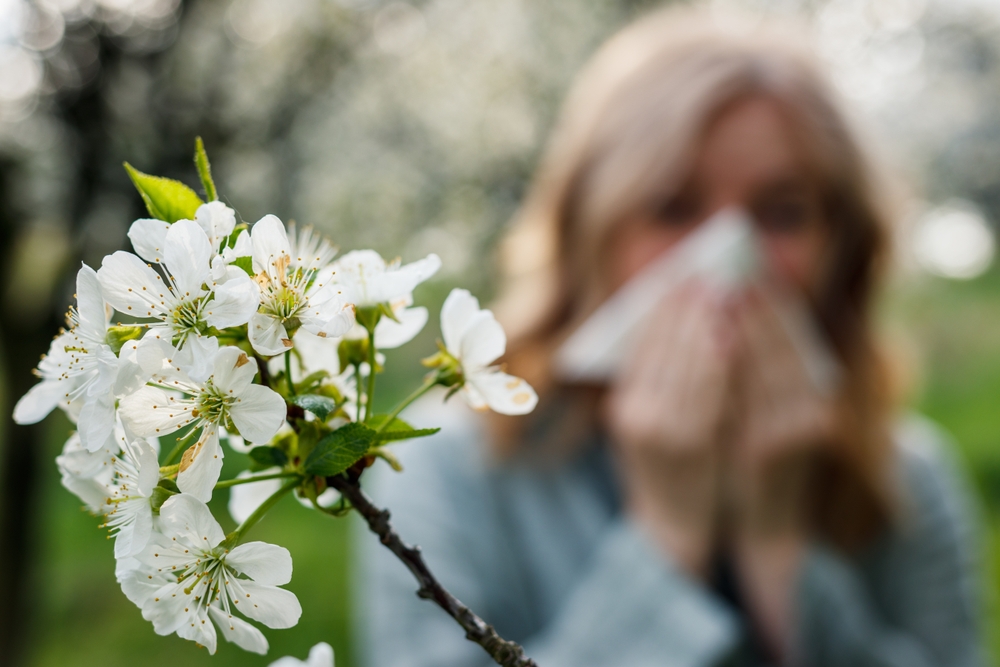Taking a shower before going to bed helps remove pollen particles from your hair and skin.
Others are reading now
Sneezing, a congested nose, itchy eyes and throat, and fatigue from lack of sleep — all familiar symptoms signaling the return of pollen season.
As the pollen count rises, so does the discomfort for many allergy sufferers.
The most effective solution? According to Sosoir a combination of antihistamines and nasal sprays, as prescribed by your doctor. However, beyond these medications, there are several practical techniques to mitigate the symptoms of hay fever.
Contrary to common advice like staying indoors during peak seasons, closing windows, or installing high-efficiency air filters, a simpler and surprisingly effective method involves taking a shower before bedtime.
Also read
The Importance of Nightly Showers
Taking a shower before going to bed helps remove pollen particles from your hair and skin.
“A nighttime shower can eliminate all the invisible pollen grains on your body, preventing them from triggering allergic reactions,” explains Ian Budd, a UK-based pharmacist.
By showering, you minimize the amount of pollen you bring into your bed, thus reducing exposure while you sleep.
Throughout the day, pollen settles on your hair, skin, and respiratory passages. Without showering, bringing these allergens into bed means you continue to breathe them in, exacerbating symptoms even when you’re indoors.
Managing Pollen in Your Hair
While you might not want to wash your hair every day, pollen in your hair remains close to your face and can disrupt sleep.
An effective, though less glamorous, solution is to wear a nightcap to keep pollen away from your pillow and face. For those with severe allergies, an even more drastic measure involves changing clothes and showering immediately upon returning home to remove as much pollen as possible.
Although these small actions might seem insignificant, they can significantly impact your well-being.
Experts have observed that allergies are becoming more intense and lasting longer due to weather changes, climate change, and fewer nighttime frosts, causing plants to bloom and pollinate earlier and longer in the season.


